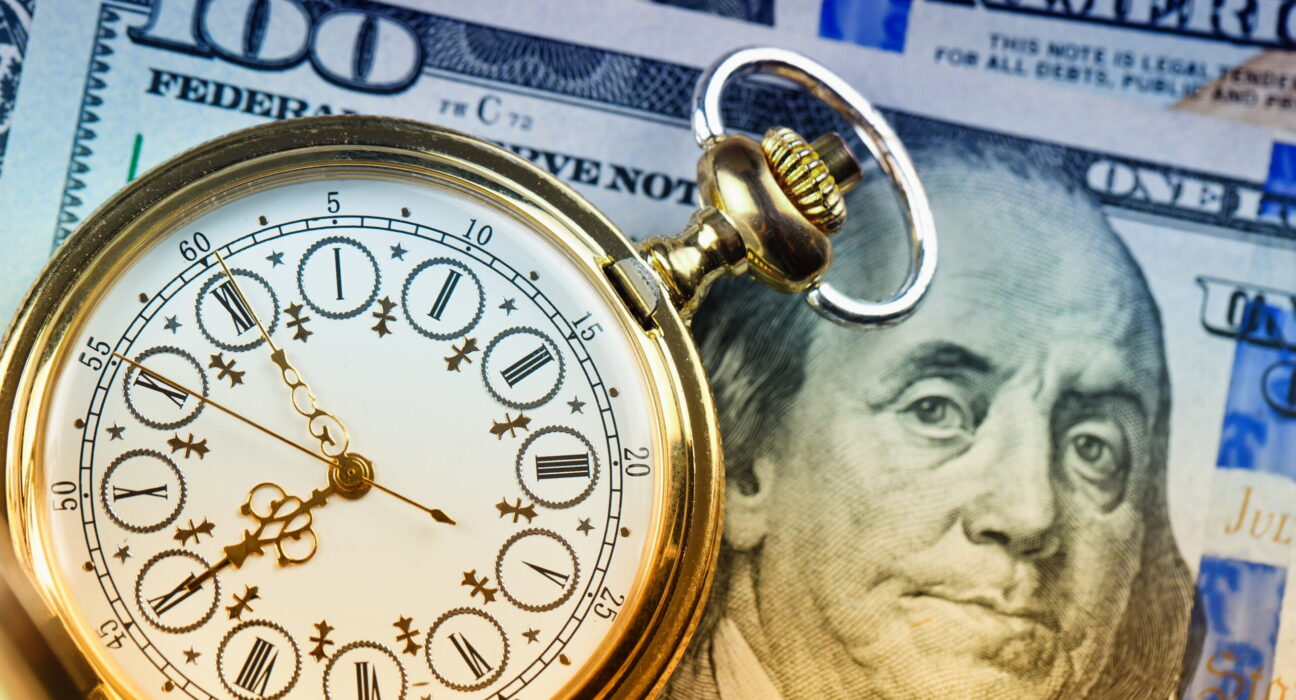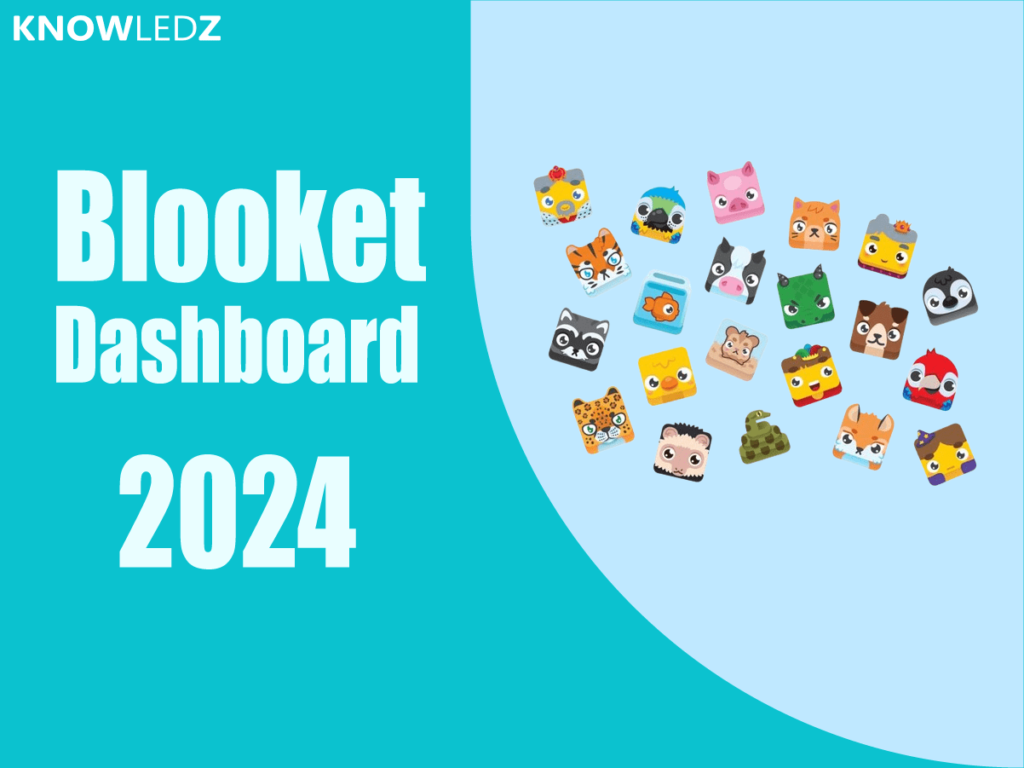How to Create a Budget and Stick to It

Learn how to create a budget and stick to it with our stepbystep guide. Discover practical tips for managing your finances, reducing expenses, and achieving your financial goals.
Make a Budget and Live by It
Preparing and sticking to a budget is the most basic part of effecting the management of finances. A heed sensitive budget; this is your ticket towards maintaining expenditure control, saving, and ultimately reaching your financial goals. The blog post shall offer a step-by-step guide to creating a viable budget and sticking to it all along.
Check Your Financial Status
That means your first step of budgeting lies in looking at your current financial status. You first need to be jotting down all those sources of income including salary, freelancing, etc. Thereafter, track every single expense for one month to know where everything is going. After that, set up your fixed costs against your variable costs. Examples of fixed costs include rent, utilities, and insurance, while variable costs include such items as groceries, entertainment, and dining out.
Set Financial Goals
Set clear financial goals that would make you brainstorm an effective budget that will realize your dreams, maybe it be a saving short-term for vacation or being out of debt, long-term of acquiring a new house, or saving for retirement; and your goals will shape every other budget decision hence keep you motivated to do them.
Draw up a Budget Plan
You will do well to come up with a budget plan when you have an understanding of your financial situation and what it is also that you want to achieve with the goals at hand. Use a budgeting template, an app, and organize your income and expenses. Allocate some of your income to each of the expense categories, ensuring those allocations do not add up to larger than what you make. On top of the title, ideally save at least 20% of what you make for emergencies and other goals.
Put the ority on what
To start, consider these as part of the head of the list: rent, utilities, food, and transport. These are vowed expenses over which you have no real choice: amounts you’re sure to spend monthly. Account for them. End of story. Move on now to your discretionary spending.
Give the Extravagance
Identify areas where you can cut costs and cut out unnecessary expenses. Go through your variable expenses for the slightest opportunity to save. You may cut back on dining out, cancel any membership or subscriptions not used frequently, or find discounts or bargains. Time is key to achieving big changes through small ones.
Make Unrealistic Statistics
Tracking of one’s spending on a regular basis is key to maintaining a budget. One may use apps or spreadsheets designed for budgeting to log their expenses and see their position on progress. Check your expenditures and point out places where adjustments need to be made. For example, if a realization is made whereby one overspent on entertainment, one could set some kind of standard and seek cheaper ways to do the same.
Automate Savings
Keeping that promise of realizing a financial goal will have considerable ease when the saving action is automated. It all underlies creating automatic transfers on a monthly basis into a savings account to have accumulated savings unavailable, on the safe side, before being led towards temptation for spending the amount in hand. This way, savings become automatic and one saves on a regular basis.
Plan for the Unexpected
Such expenses may not be part of your overall budget or financial planning. Allocate a small percentage of your budget, therefore, to cater for emergency expenses. This emergency fund acts as a kind of financial cushion against such costs that might crop up all of a sudden and thus avoid throwing your budget off the rails.
Review and Adjust Your Budget
Your financial position and/or goals are likely to change over time, making it very necessary to periodically revisit and fine-tune the budget. In fact, you put effort into evaluating your budget at the end of every month in order to adjust it wherever necessary. For example, if there is an increment in pay, you would be in a flexible position to apportion more money to either savings or debt repayment. From regular reviews, the relevance and effectiveness of your budget will be maintained.
Create a Budget and Stick to It
Budgeting is a very important measure for getting a hold of your finances and realizing financial goals. A person could take control of their money and gain security in a safe and sound financial future if they were to look over their finances and set clear goals, otherwise known as goals, and line up priorities from most important to least important of where the money should flow, spend less money on their dollar, track spending, and automatically save to help deal with overlooked expenses, followed by regularly monitoring their budget. Apply your strategies here to master your money and realize your financial well-being.











